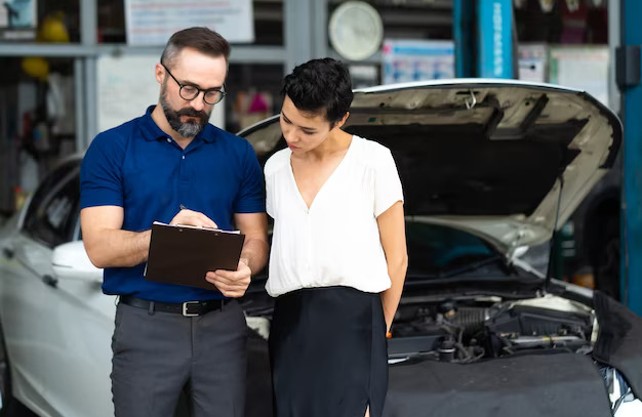
In recent years, hybrid cars have gained popularity as eco-friendly alternatives to traditional vehicles, offering a harmonious blend of combustion engines and electric motors. Many drivers are drawn to the promise of enhanced fuel efficiency and reduced environmental impact. One common misconception about hybrid cars is that they require specialized maintenance, but in reality, their upkeep is not vastly different from that of conventional vehicles. This article aims to unravel the complexities surrounding hybrid car maintenance, shedding light on both the similarities and distinctions that exist.
Understanding the Hybrid Powertrain:
Hybrid vehicles feature a dual powertrain system, consisting of a traditional internal combustion engine—running on either petrol or diesel—and an electric motor. During idling or low-speed driving, the electric motor takes over, alleviating wear and tear on the conventional engine. Consequently, routine maintenance for the engine remains akin to that of traditional cars. However, it is essential to recognize the synergy between the combustion engine and electric components.
Battery Maintenance Insights:
One of the distinctive features of hybrid cars is their hybrid battery, a crucial component for overall performance and efficiency. To ensure longevity and optimal functioning, drivers should acquaint themselves with essential battery maintenance practices. For plug-in hybrid owners, a strategic approach involves regularly allowing the battery to run low before recharging to full capacity. This practice facilitates a complete power cycle, contributing to sustained performance levels over time. Although hybrid batteries often come with warranties—some up to five years or 100,000km—basic knowledge of maintenance can mitigate the risk of severe damage.
Advantages of Minimal Moving Parts:
One key factor contributing to the cost-effectiveness of hybrid car maintenance is the minimal number of moving parts within their mechanical systems. Unlike traditional vehicles, hybrids lack components prone to frequent failure, such as clutches and starter motors. This design not only reduces the likelihood of breakdowns but also simplifies the replacement of any parts that may wear out. The absence of these common failure points translates to lower maintenance costs and increased reliability for hybrid vehicle owners.
Specialist Maintenance for High-Voltage Systems:
The distinguishing feature of hybrid vehicles is their incorporation of high-voltage systems, necessitating specialized knowledge and training for maintenance tasks. These systems include the high-voltage battery, inverter, service disconnection system, and AC components. Due to the unique requirements of hybrid technology, any maintenance or repair work should be entrusted to qualified specialists. These technicians possess the expertise to navigate the intricacies of high-voltage systems safely, ensuring the longevity and safety of the hybrid vehicle.
Conclusion
In conclusion, the maintenance of hybrid cars shares commonalities with conventional vehicles while presenting unique considerations. Understanding the interplay between the combustion engine and electric motor, appreciating the importance of hybrid battery maintenance, and recognizing the advantages of minimal moving parts are key to keeping these vehicles in optimal condition. Moreover, the specialized nature of high-voltage systems underscores the importance of seeking out hybrid specialists for maintenance and repair tasks. By demystifying hybrid car maintenance, drivers can confidently embrace the benefits of these eco-conscious vehicles without unnecessary concerns about upkeep.
No comments:
Post a Comment